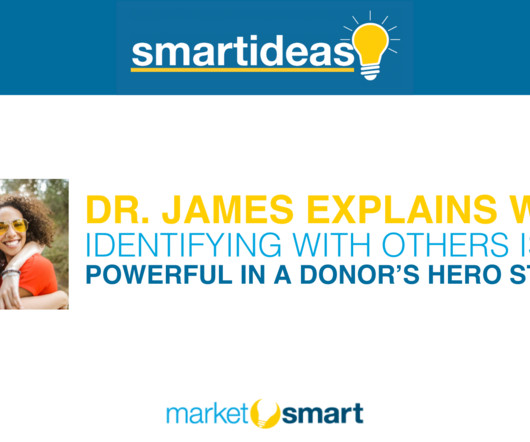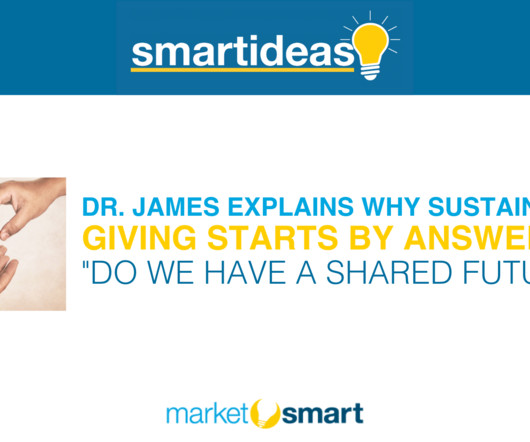What’s in a Name? The Ethics of Building Naming Gifts
Stanford Social Innovation Review
MARCH 13, 2024
Do lead naming gifts actually stimulate high-level philanthropy from other donors and is that what motivates HNWIs to make such charitable contributions? For donors, the personal pleasure that results from giving aid to others underscores that the charitable act is not divorced from the ego.













Let's personalize your content